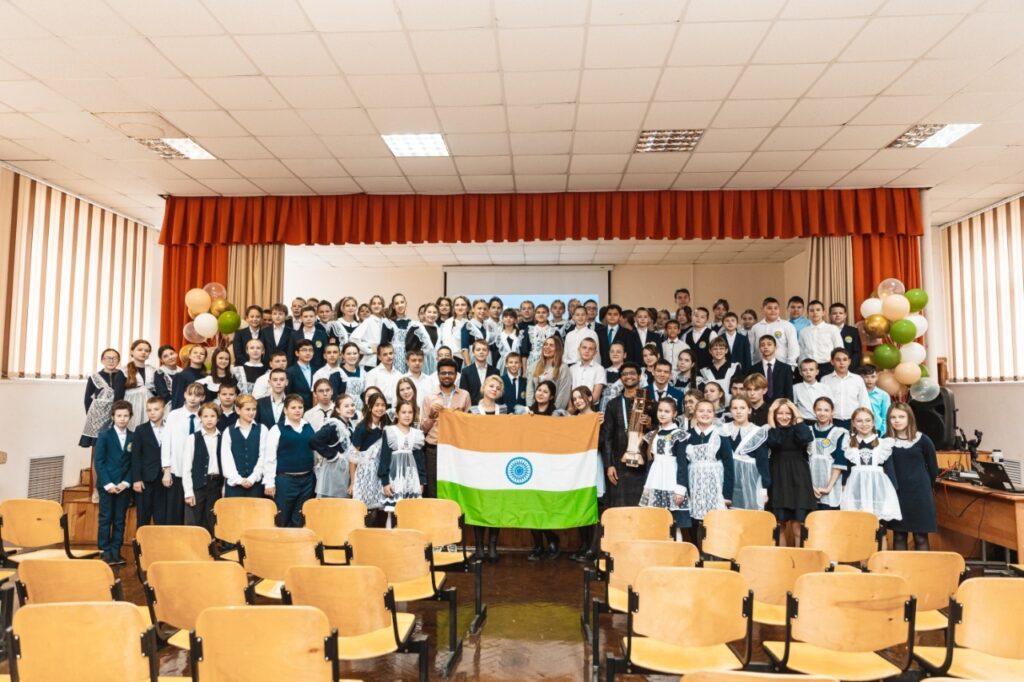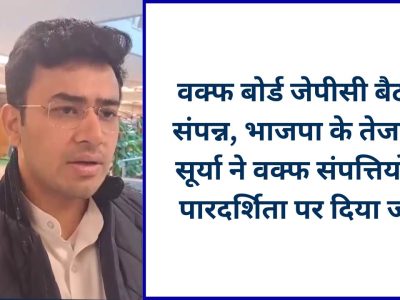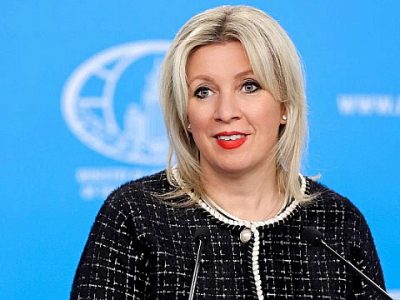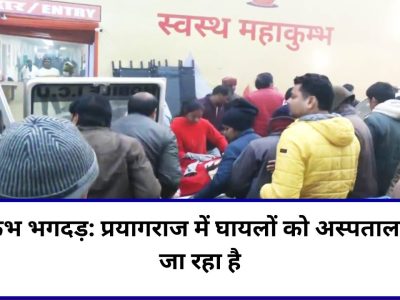The main goal of the project is to preserve the musical traditions of the Alliance countries. The central event was the international festival of performers on traditional musical instruments of the BRICS countries. So, 7 master classes were held for students of schools and colleges with the participation of musicians from South Africa, India, Russia, China, Iran, Brazil and the United Arab Emirates. At the meetings, the guys learned a lot about the history and culture of the BRICS countries, heard the sound of rare instruments and even were able to try to play some of them.
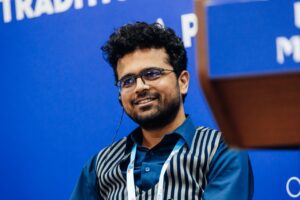
The first of the central events on October 25 was the holding of the case conference “How to make traditional musical instruments a part of youth culture?”. The conference was attended by 10 experts in the field of music and preservation of musical ethnocultural heritage. Among them: Madish Parikh, founder and head of the BRICS Youth Alliance, Ambassador of the Directorate of the World Festival of Youth and Students (India). He talked about how we can use music as a tool for preserving Indian values among youth.”
«In today’s globalized world, young people are exposed to a wide array of musical influences, from Bollywood hits to Western pop, hip-hop, and electronic music. While this diversity in sound is enriching, it can also lead to a detachment from the roots of Indian musical traditions. The challenge lies in finding a balance between embracing modern music styles and staying connected to the rich heritage that is an essential part of Indian identity. There is a risk of cultural dilution if young people disconnect from the traditional values embedded in Indian music». Madhish Parikh shared.
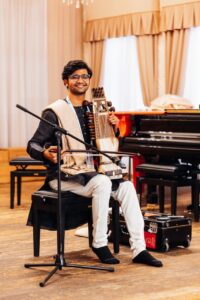
The first book on traditional instruments of all 10 BRICS countries was presented at the case conference.
“Our colleagues from the BRICS countries supported the project, and today we see the results. The future tasks that we set for each other, which we will implement next year. Today, the issues of creating an association of performers on traditional musical instruments of the BRICS countries were raised at the case conference. An important initiative that we managed to implement with young researchers within the project is the creation of the first book on traditional musical instruments of the BRICS countries. Today we introduced her to the world. Now it is very important to start translating this book into the languages of the BRICS countries and transfer it to embassies and cultural centers and organizations so that as many young people as possible have access to it.” Natalia Aksenova, author and head of the project “BRICS Melody”.

The BRICS Melody project has found a wide response among young people, the professional community, and partners from the BRICS countries. By joining forces, young researchers have created a unique interactive book about the traditional musical instruments of BRICS countries, the purpose of which is to preserve and popularize the rich musical heritage of the BRICS countries. Abheet Sangotra, a young activist and delegate of the BRICS Youth Summit 2024, and Nisha Harish, a Bangalore-based advocate passionate about preserving India’s rich cultural heritage, participated in the study of traditional musical instruments of India.
The bright final chord of the project was the international music festival, which brought together 50 performers on traditional musical instruments from 8 BRICS countries. There are no empty seats left in the concert hall. At the festival, the audience could hear 25 varieties of musical instruments, including Indian sarangi, sitar and tabla.
«I was born in a family devoted to music. I grew up in the environment of music since my childhood. When I heard the “Sarangi” instrument I was deeply moved by it and decided to learn and pursue it lifetime. Sarangi is the closet instrument to human voice so made the audience experience it with my sarangi playing and singing allowed audience a different joy and feel the cultural roots of India. A long heritage and journey of centuries lies in an instrument and its traditions. To preserve and propagate them, youngsters need to take responsibility for sustaining our cultural heritage and carrying it forward. The festival provided me a platform to showcase our culture and music and share it with the global audience, » said Vanraj Shastri.




 Subscribe Us
Subscribe Us
